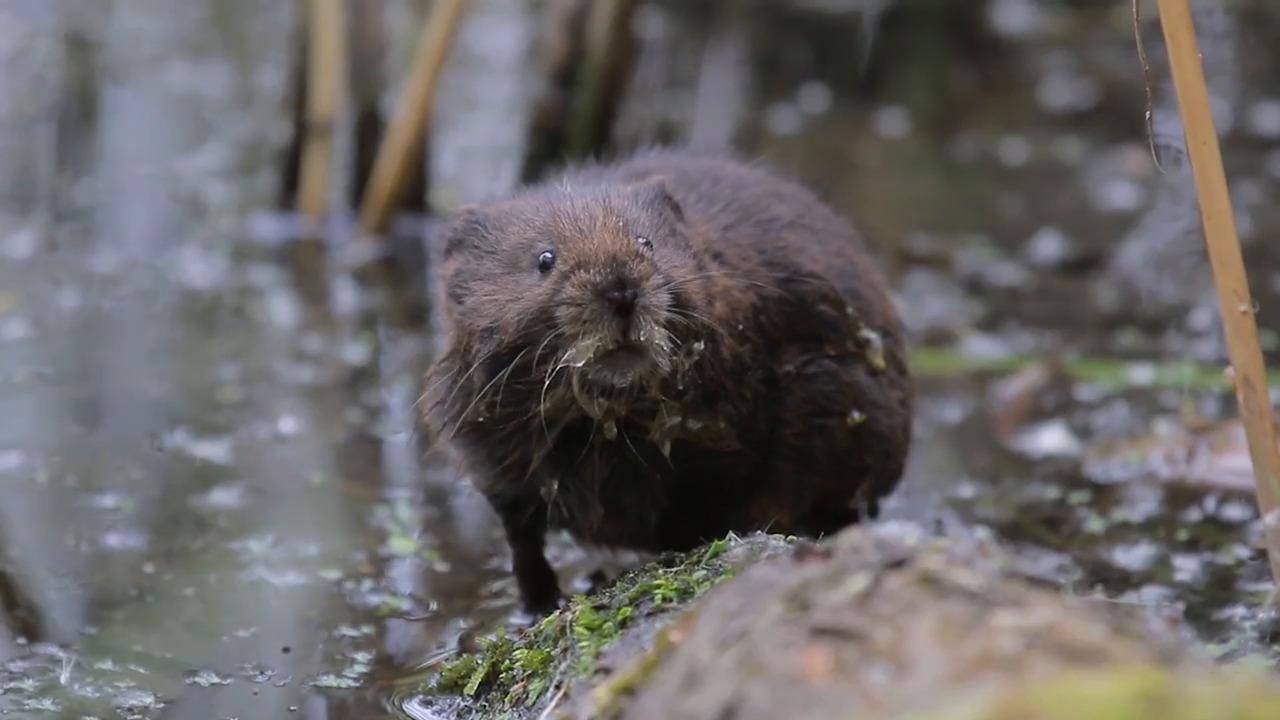11 Dec 2024

Tired Earth
By The Editorial Board

Environmental groups have highlighted at least 28 projects threatening to pave over vital conservation areas as part of a new highway network.
With ministers pledging another enormous chunk of road spending in the coming years, campaigners are concerned not enough consideration is being given to nature.
In a country already blighted by toxic air pollution and considered “one of the most nature-depleted in the world”, they say Britain can ill afford to back plans that will increase the number of drivers.
Irreplaceable habitats such as ancient woodlands and chalk streams are among those in danger, as are vulnerable species including water voles, great crested newts and rare bees.
In October, Philip Hammond announced a £25.3bn spending plan for roads from 2020, which will go towards repairing infrastructure and building highways.
“The government has definitely stepped up its road-building campaign, and that’s going to have a massive impact on wildlife,” said Dr Sue Young from The Wildlife Trusts.
“You can see the difference between the budgets for the road investment scheme – the first one was £15bn between 2015 and 2020.”
There are already more than 100 major schemes to develop roads, with more than 1,300 additional miles of lanes planned.
While further proposals for the next phase of roadbuilding have yet to be confirmed, environmental groups have assembled lists of projects in the pipeline they are worried about.
These include proposals crossing valuable wildlife sites and national parks from Durham to the South Downs, as well as scientifically important habitats and Areas of Outstanding Natural Beauty.
Some projects such as the M4 diversion through the Gwent Levels – dubbed Wales’ Amazon rainforest – will bulldoze the homes of valuable creatures including European cranes and over 100 threatened insect species.
Meanwhile, under current proposals, the massive Oxford-Cambridge expressway project would cut through marshes supporting rare wading bird populations, and woodlands home to some of Britain’s rarest bats.
Schemes come with pledges to replace any lost biodiversity by constructing new habitats, but some projects such as the proposed A27 Arundel bypass would plough through habitats considered irreplaceable, including forests that have existed for over 400 years.
Henri Brocklebank of Sussex Wildlife Trust pointed out the area’s threatened chalk streams have been designated special priority areas of international significance by Natural England.
She said: “What’s the point of making something a UK priority if it’s actually not a priority?
“It stands for nothing if you go for an option just to take a couple of minutes off people’s journey time.”
The government has stated it wants to ease congestion and open up new growth opportunities, but the campaigners say these plans are far from Theresa May’s pledge to “leave the environment in a better state than we found it”.
In order to minimise damage and help restore Britain’s fading wildlife, Dr Young said road-building must be governed by the principle of net biodiversity gain – meaning any new projects must pledge to restore more habitats than they destroy.
However, Steve Gooding, director of transport policy group the RAC Foundation, said building new roads was already subject to detailed environmental scrutiny.
“There are few things worse for the environment than congested traffic burning fuel and getting nowhere quickly,” he said.
However, besides the impact on wildlife, environmentalists say rather than calming traffic new roads will encourage more drivers on to the roads – adding to the country’s worrying air pollution and greenhouse gas emissions.
Oliver Hayes, climate campaigner at Friends of the Earth, said the government had provided a “cash cascade” for roads while failing to mention climate action in the Budget.
“It’s reckless in the extreme to be incentivising more traffic and more pollution at a time when scientists are crystal clear how urgently emissions must be reduced,” he said.
Besides committing to greener development plans, the groups said roadbuilding funds would be better spent on improving existing infrastructure and investing in public transport.
Darren Shirley, of the Campaign for Better Transport, said: “The government should be promoting public transport to beat congestion and traffic problems in towns so that the nations natural heritage remains untouched for future generations to enjoy.”
A government spokesperson said the details of the future roads investment strategy would be announced next year.
They said: “When planning our investment programme, we take careful account of thousands of environmental sites nationwide, and seek to avoid damage wherever possible.
“The overwhelming majority of our projects are on or near existing roads and all are governed by strict rules on assessing environmental impacts.”
Source : www.independent.co.uk
Comment